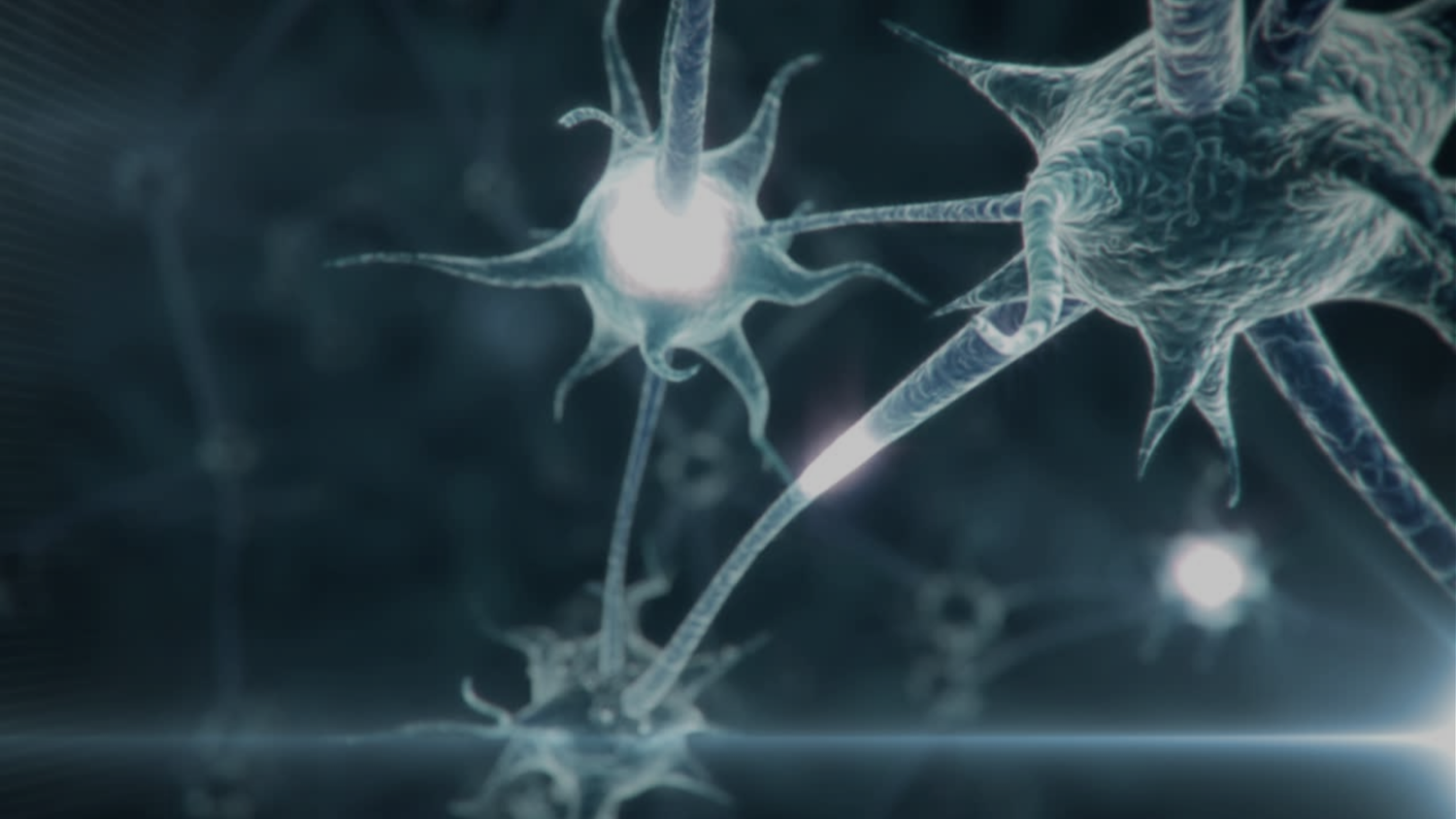What does alcohol do to your testosterone levels?
Alcohol has a direct impact on the body's hormonal balance, and in men it can especially have a negative effect on testosterone levels. Testosterone is an important hormone for muscle building, energy, libido and general health, but alcohol consumption can disrupt its production in several ways.
First, alcohol increases the amount of cortisol, the body's stress hormone, which can inhibit testosterone production. In addition, alcohol can lead to an increased conversion of testosterone to estrogen, which can potentially lead to unwanted effects such as increased fat storage and decreased muscle mass.
Studies show that even moderate alcohol consumption can reduce testosterone levels in the short term, while heavy and regular consumption can lead to longer-term hormonal imbalances. Alcohol can also affect sleep quality, further reducing testosterone production, as the body produces the most testosterone during deep sleep.
Thus, alcohol can affect your testosterone levels in the following ways:
- Increases cortisol levels – Alcohol increases the production of cortisol, the body's stress hormone, which inhibits testosterone production.
- Increases the conversion of testosterone to estrogen – This can lead to increased fat storage and decreased muscle mass.
- Temporarily reduces testosterone levels – Even moderate alcohol intake can lead to a temporary decrease in testosterone.
- Causes long-term hormonal imbalances – Heavy and regular alcohol consumption can lead to more persistent reductions in testosterone.
- Reduces sleep quality – Poor sleep reduces the body's natural testosterone production, as it primarily occurs during deep sleep.
If you want to optimize your testosterone levels, it may be a good idea to limit your alcohol intake – especially if you are active, want to build muscle, or want to maintain a stable energy level.
Gain insight into your testosterone levels today - book an appointment for a hormone analysis / testosterone test which includes an initial consultation, blood sampling and result review.


